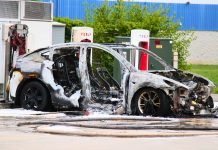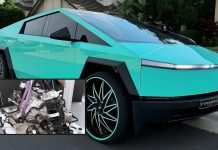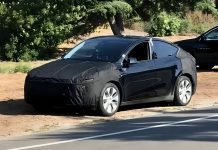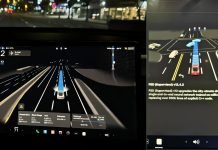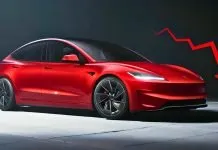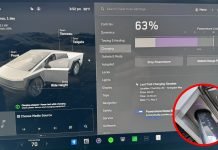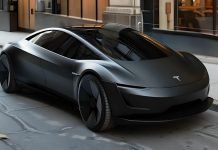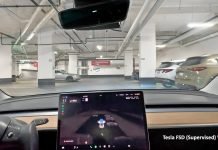The Bolt EV from General Motors has been recalled. This is due to a dozen of them catching fire. These fires were reported in little more than a year. GM announced in the mainstream media that charging the Bolt unattended is not recommended anymore. They said that the owners should park their cars away from any structures that risk catching fire. The cars should not be left charging unattended.
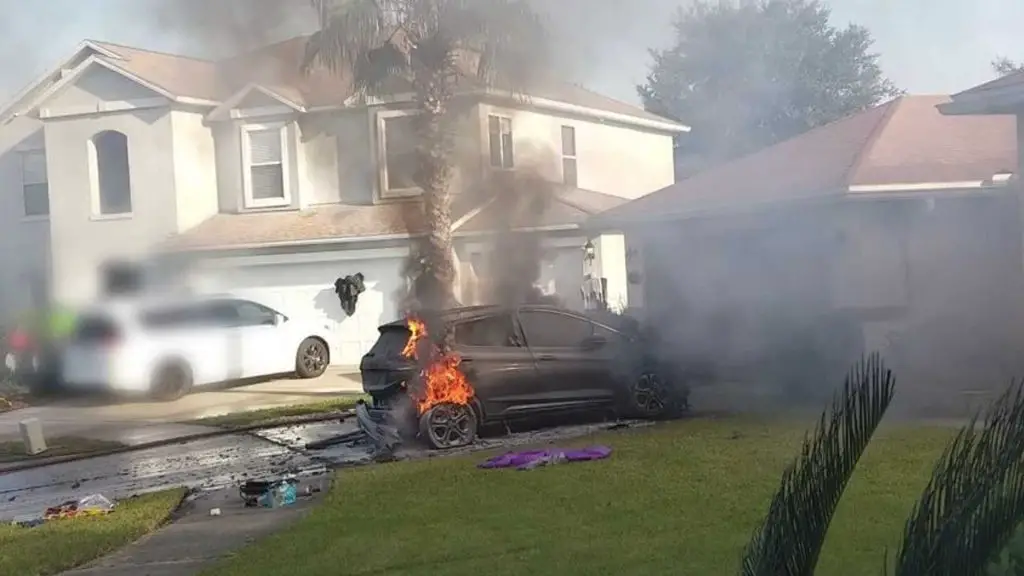
Bolt EVs Catching Fires, GM Again Recalls EVs After Numerous Fires
The battery packs have two simultaneous presence of two rare malfunctioning defects in the same battery cell which causes the batteries to catch fires. This started when 68,000 Bolt EV’s were recalled last year. They were at risk of catching fire so GM updated these vehicles to a newer software update to prevent this from happening. Still, there have been at least two Bolt EV’s which have caught fire after this final software update. Hyundai had a similar problem which they fixed by replacing the battery pack of all Kona EVs with new ones. The recall is N212343880.
Bolt EV recall final media statement by GM
As part of this recall, GM will replace defective battery modules in the recall population. We will notify customers when replacement parts are ready. While we prepare to conduct this recall, we are asking customers to take the following steps until the new remedy has been performed.
- Customers should, whether or not they received the current software update, return their vehicle to the 90% state of charge limitation using Hilltop Reserve mode (for 2017-2018 model years) or Target Charge Level (for 2019 model year) mode. If customers are unable to successfully make these changes or do not feel comfortable making these changes, we are asking them to visit the dealer to have these adjustments completed.
- Additionally, we ask that customers charge their vehicle after each use and avoid depleting their battery below approximately 70 miles of the remaining range, where possible.
- Out of an abundance of caution, customers should continue to park their vehicles outside immediately after charging and not leave their vehicles charging overnight.
In the meantime, customers who have not visited their dealer to receive the advanced diagnostics software should visit their nearest Chevrolet EV dealer to obtain the update. After obtaining the software, customers should still limit their state of charge to 90% and otherwise follow the advice above.
Who to blame?
These recalls are specially for the cars having the LG batteries manufactured at the plant in Ochang, Korea. GM has said due to this defect is due to the simultaneous presence of two rare manufacturing defects in the same battery cell.
Porshe recently initiated a recall on a loss of power in its Taycan LG batteries. For also moved from LG in its Mustang Mach-E to SK in its For F-150 Lightning. The batteries made by LG Energy Solution for the Kona EV had to replace by Hyundai due to them being faulty. There were rumors of the Kona EV from a faulty battery separator. But Hyundai later said that the problem was due to badly folded tabs, LG denied this. GM has said that these problems do not apply to the Bolt EV due to the use of a different separator and a different factory. So it knows that LG cells are having some problems.
Our thoughts
Instead of providing just a software update, GM should have started investigating the problem thoroughly. They should have also changed the battery packs of the vehicles. Instead of replacing the battery packs of all the Bolt EV’s they should have at least targeted the most affected ones. This would have not only prevented all these fires from happening but also created a sense of trust for the Bolt EV owners. GM is still unable to answer as to what were the two defects that were found. We think GM should have been more serious and immediately found out the source of this problem and replaced the battery packs of the cars that are at the highest risk.

